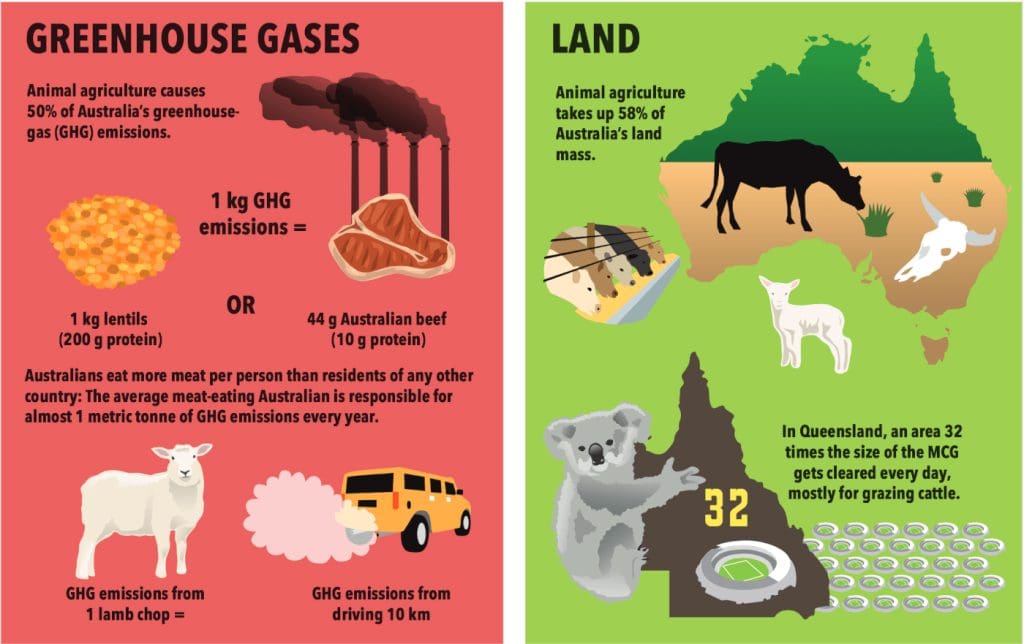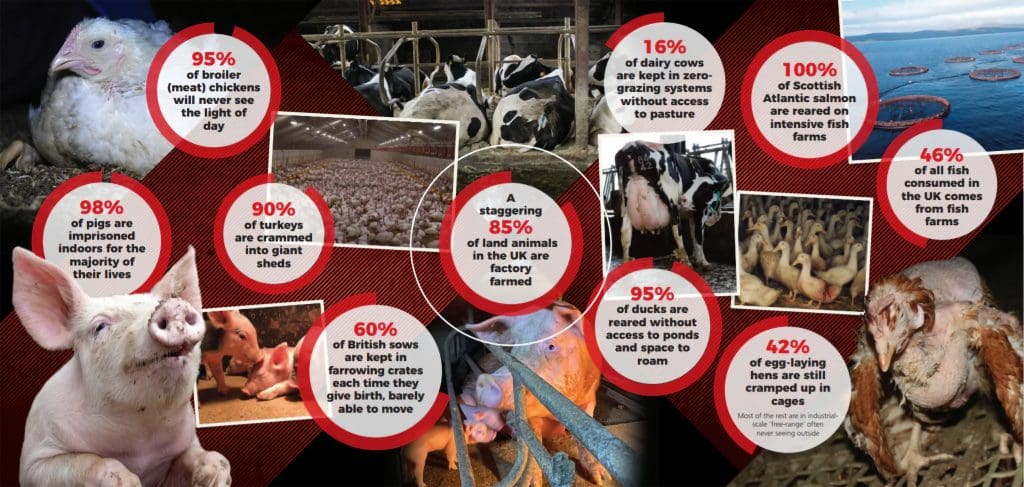Our food choices carry hidden costs that extend far beyond the price tag. While factory farming dominates global meat, egg, and dairy production, it comes at a devastating expense to animal welfare, the environment, and public health. Beneath the surface of this industrial system lies a world of unimaginable cruelty—animals confined in appalling conditions, subjected to painful procedures without relief, and treated as disposable resources. The environmental toll is equally staggering: pollution, deforestation, and greenhouse gas emissions threaten ecosystems and accelerate climate change. As awareness grows about these interconnected issues, we have an opportunity to rethink our diets and advocate for a kinder, more sustainable way forward
Ah, the allure of that juicy steak, the sizzling bacon, or the comforting taste of a chicken nugget. We’ve all grown up with the idea that meat is an essential part of our diet. But have you ever stopped to think about the price that animals pay to satisfy our taste buds? Beneath the surface of modern agriculture lies a distressing truth: factory farming and the profound suffering it inflicts upon animals. Today, we aim to pull back the curtain and shed light on the dark reality of factory farms.

Understanding Factory Farms and Their Prevalence
Enter the realm of factory farming, a system that prioritizes efficiency and profit margins over ethical treatment of animals. Factory farms, also known as concentrated animal feeding operations (CAFOs), confine animals in tight and unnatural spaces to maximize output. Pigs, chickens, cows, and various other animals are subjected to lives of unimaginable distress and agony to cater to our dietary demands.
Did you know that factory farms account for approximately 99% of the eggs, dairy, and meat consumed worldwide? In our quest to meet the growing demand for cheap and abundant food, the rise of factory farming has been exponential. However, this has come at an enormous cost to the welfare of animals involved.
Animals as Cogs in the Industrial Machine
Crammed in tiny, filthy enclosures, animals in factory farms live in a perpetual state of misery. Chickens are crammed together in battery cages so small they can barely move, let alone stretch their wings. Pigs are confined to narrow metal gestation crates, unable to engage in natural behaviors or socialize with other pigs. Cows endure long hours standing knee-deep in their own waste, deprived of the joys of grazing in open pastures.
These substandard living conditions cause immense suffering. Animals are susceptible to diseases, injuries, and stress-related disorders. Imagine the psychological toll of being confined day after day, unable to express natural behaviors or experience any semblance of a fulfilling life. The mental anguish experienced by these sentient beings is unimaginable.
The Grim Reality: Common Cruelty Practices
The extent of animal suffering in factory farms goes beyond confinement and unsanitary conditions. Farmers routinely subject animals to painful and cruel practices. Debeaking, tail docking, and dehorning are just a few examples of the painful procedures animals are subjected to without anesthesia or proper pain management.
Gestation crates, often used for pregnant sows, are small enclosures that severely limit movement, inhibiting the natural behaviors of these highly intelligent animals. Battery cages, used for egg-laying chickens, are so cramped that hens are unable to spread their wings or exhibit natural behaviors like nesting or perching.
This cruel reality leaves animals with physical wounds and emotional trauma. From physical mutilations to the deprivation of the most basic freedoms—these practices embody the heart-wrenching truth behind factory farming.
Environmental Impacts and Public Health Concerns
The ecological toll of factory farming is equally alarming. These facilities produce an exorbitant amount of waste, often stored in massive, open-air lakes known as lagoons. The toxins released into the air and water contaminate the environment, harming ecosystems and threatening public health.
Factory farms are also significant contributors to climate change. The intensive deforestation to produce animal feed and the release of greenhouse gases, including methane, contribute to global warming. Climate change effects, such as extreme weather events and loss of biodiversity, further impact animal welfare and food security.
As if these environmental concerns weren’t enough, factory farming also poses significant risks to public health. The overuse of antibiotics in these facilities contributes to the rise of antibiotic resistance, a grave threat to our ability to treat common infections. Furthermore, factory farms have been linked to the emergence and spread of zoonotic diseases, such as swine flu and avian influenza, putting the global population at risk.

Ethics and Moral Responsibility
It is imperative to contemplate the ethical implications of supporting such cruelty for the sake of our diets. As our society becomes increasingly aware of animal welfare issues, many individuals are making more conscious choices. The demand for plant-based and cruelty-free alternatives is on the rise, challenging the status quo of our dietary habits.
By actively engaging with this issue, we recognize our moral responsibility towards animals. We have the power to choose compassion over convenience, to support farming practices that prioritize animal welfare and ecological sustainability. By doing so, we can strive towards a future where animals are treated with dignity and respect.

Taking Action for a Better Future
So, what can we do to make a difference? There are several ways we can actively contribute to creating a more ethical and sustainable food system:
1. Support local and humane farms: Seek out local farmers who prioritize sustainable and compassionate farming practices. By supporting these farmers, we can promote their methods and encourage a shift away from factory farming.
2. Embrace a plant-based diet: Incorporate more plant-based meals into your diet. Reducing our reliance on animal products not only helps animal welfare but also has positive impacts on the environment and personal health.
3. Educate and advocate: Share information and raise awareness about factory farming and its consequences. By engaging in conversations and supporting animal welfare organizations, we contribute to the movement for change.
In Conclusion
The hidden horrors of factory farming have long been concealed beneath the shiny packages in our grocery stores. It is time to acknowledge the truth and become active participants in creating a compassionate and sustainable future. By making conscious choices and raising our voices, we can pave the way for a world where animals are no longer subjected to unimaginable suffering for the sake of our diet. Let’s be the change we want to see in the world, and together, we can build a better future for all.
4.1/5 - (19 votes)



